Author: Louis Burns, PhD
-
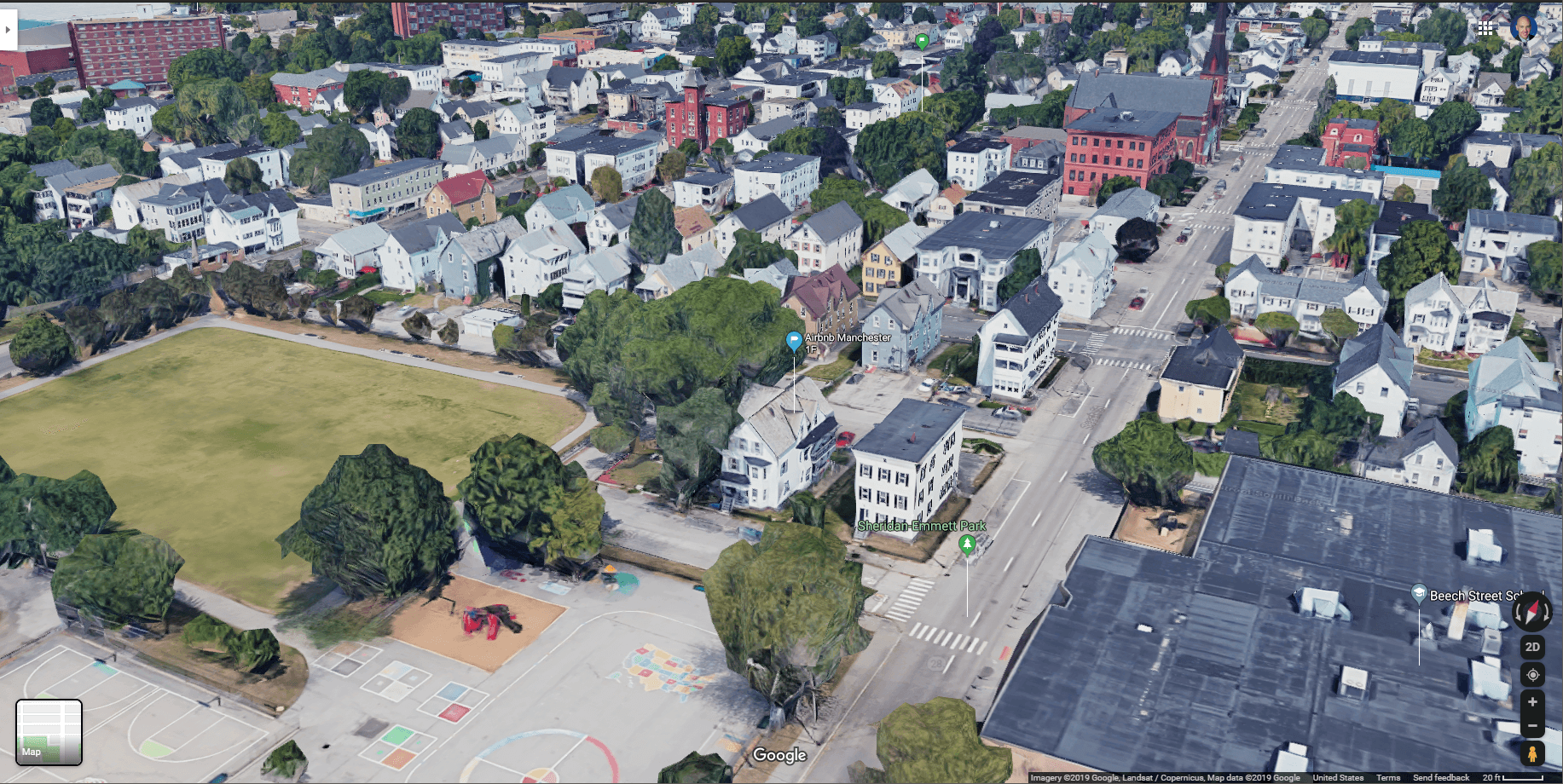
How to Get Started as a Real Estate Developer
Toward the end of a previous post, I briefly mentioned the concept of the minimum viable developer and first projects. I want to focus and expand on that concept for any who are looking to get started as a real estate developer. Every developer or investor I have heard or read about started as some…
-
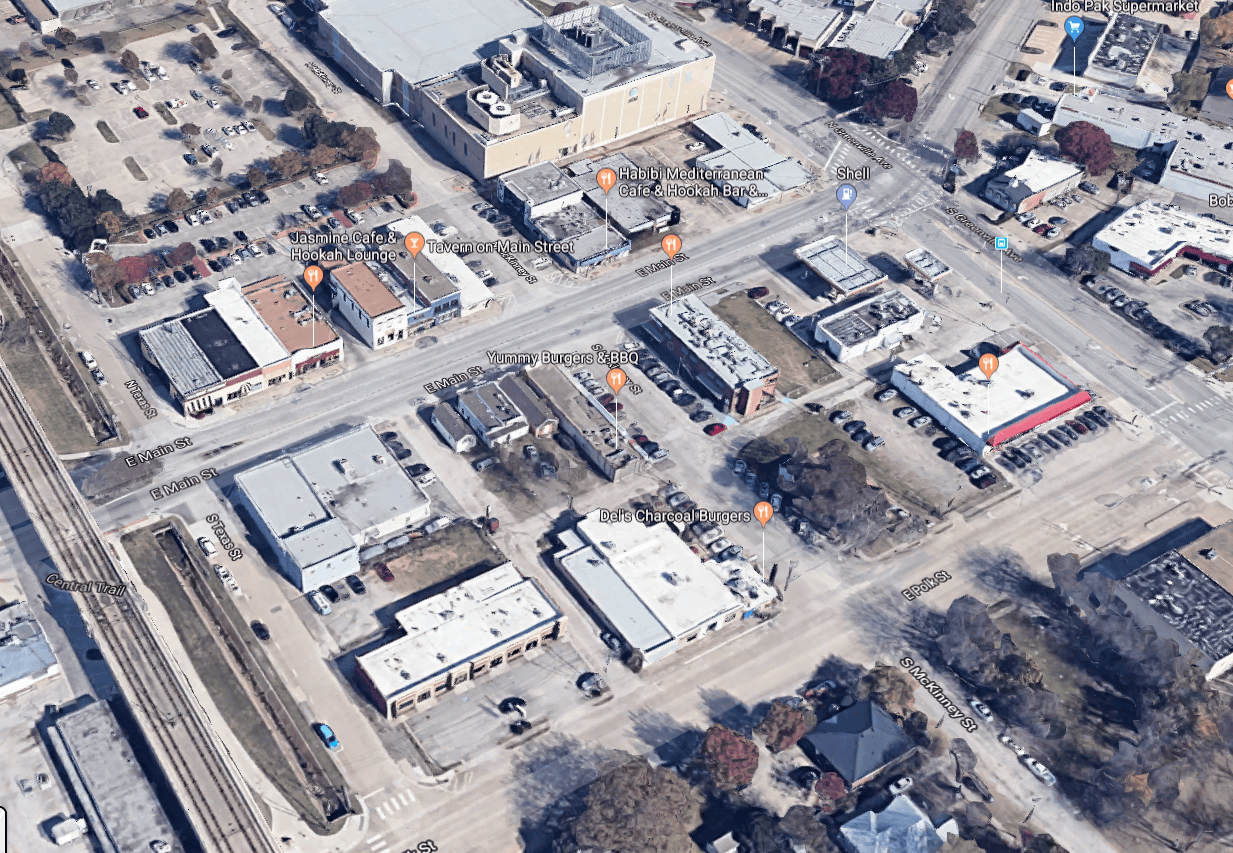
Can Your City Afford Another Drive-Through?
Recently in Richardson, the city voted to approve a zoning change to allow for three new drive-throughs on a parcel that contains a failed mall. Drive-throughs are fairly ubiquitous in that area but the council had still voted to continue the motion until the developer took more time to engage with the community and come…
-
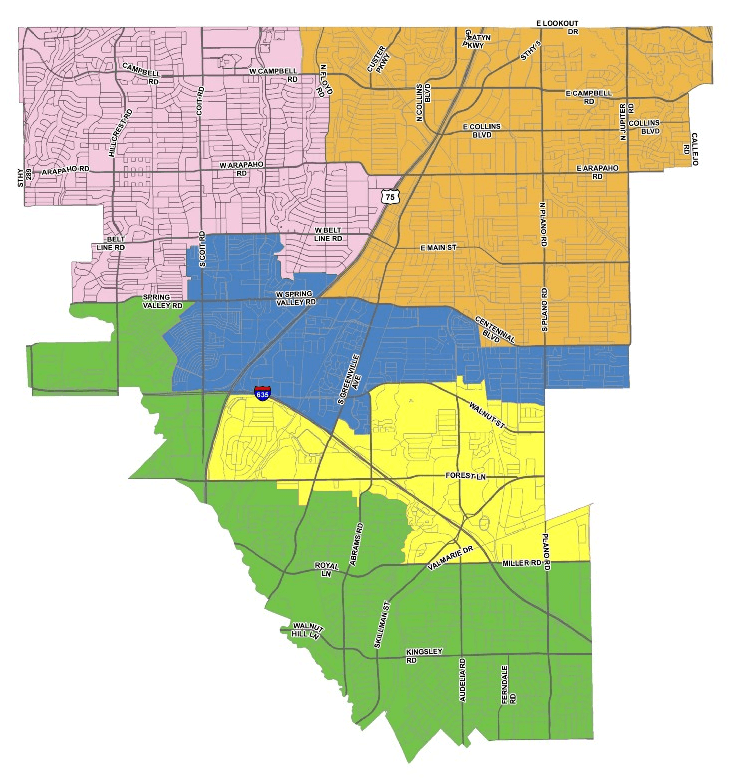
Gerrymandering in Richardson
In my previous article, I discussed gerrymandering in general and how to resolve it. In this article, we’ll take a look at how gerrymandering sometimes works in cities. We’ll take Richardson, Texas as an example because that’s where our organization is located. At some point in the past, Richardson switched from the worst possible voting…
-
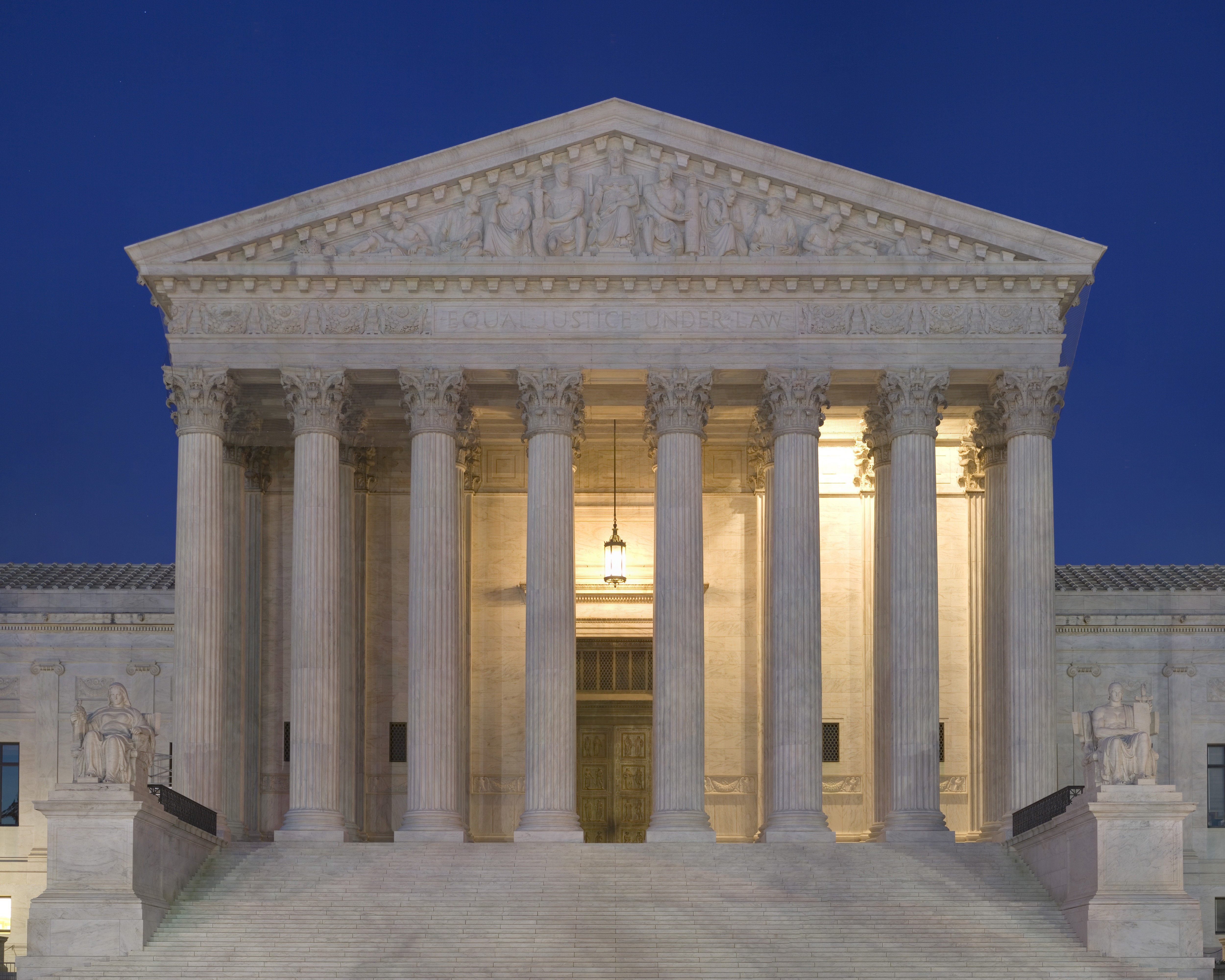
Resolving Gerrymandering
After years of working on trying to resolve gerrymandering, the Supreme Court recently decided it would not hear the main case. They stated that it was a political question and too complicated to come up with a standard. I won’t cover the history here, there are plenty of other good references on that if you…
-
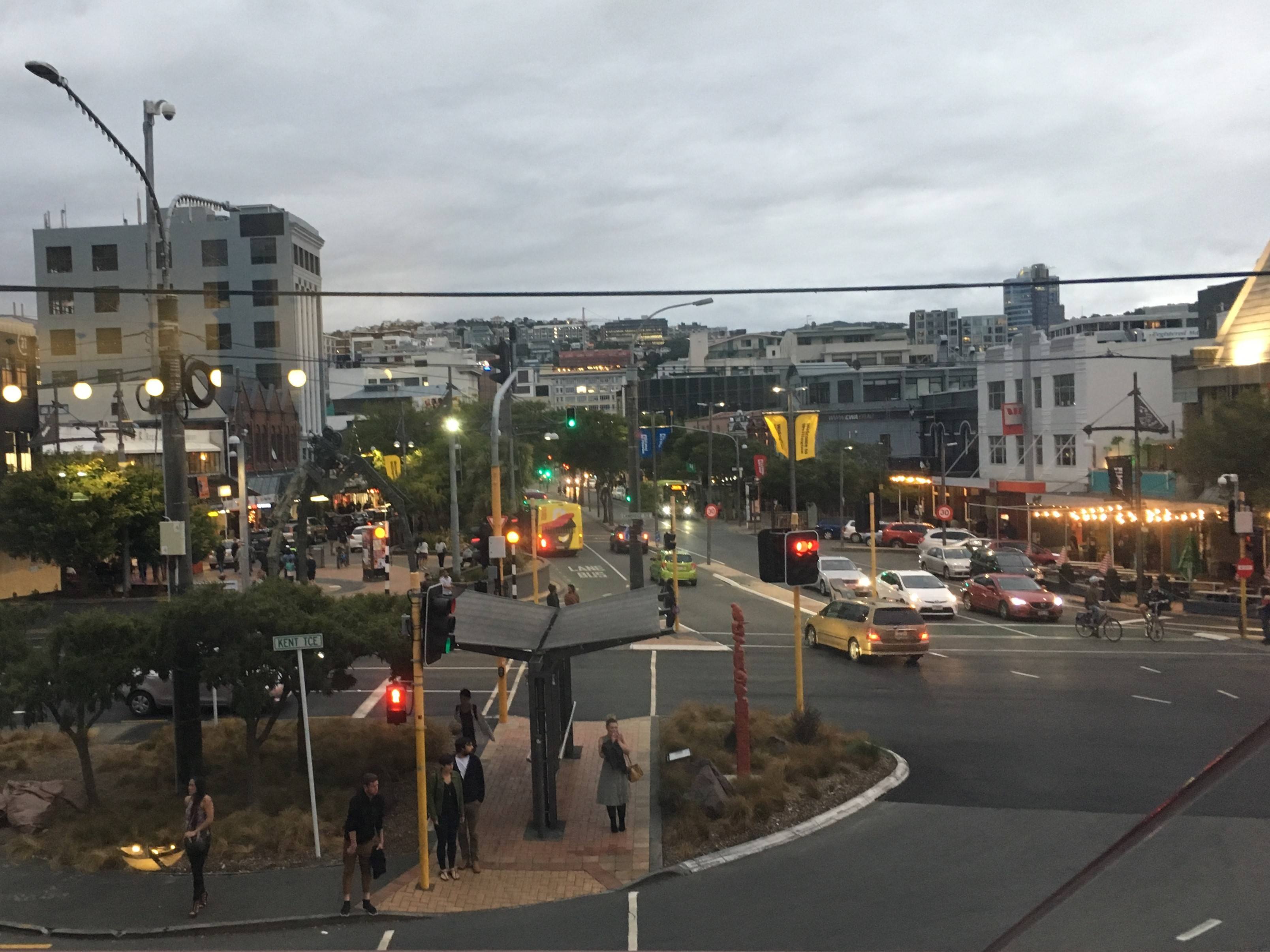
How to Improve Walkability
Walkability usually refers to how urban and how likely people are to walk in an area. There are many definitions and metrics for walkability. Urban scientists often measure block size or distance between intersections. One of the more highly rated mainstream sources on walkability is Jeff Speck with his book Walkable City and more recently,…
-
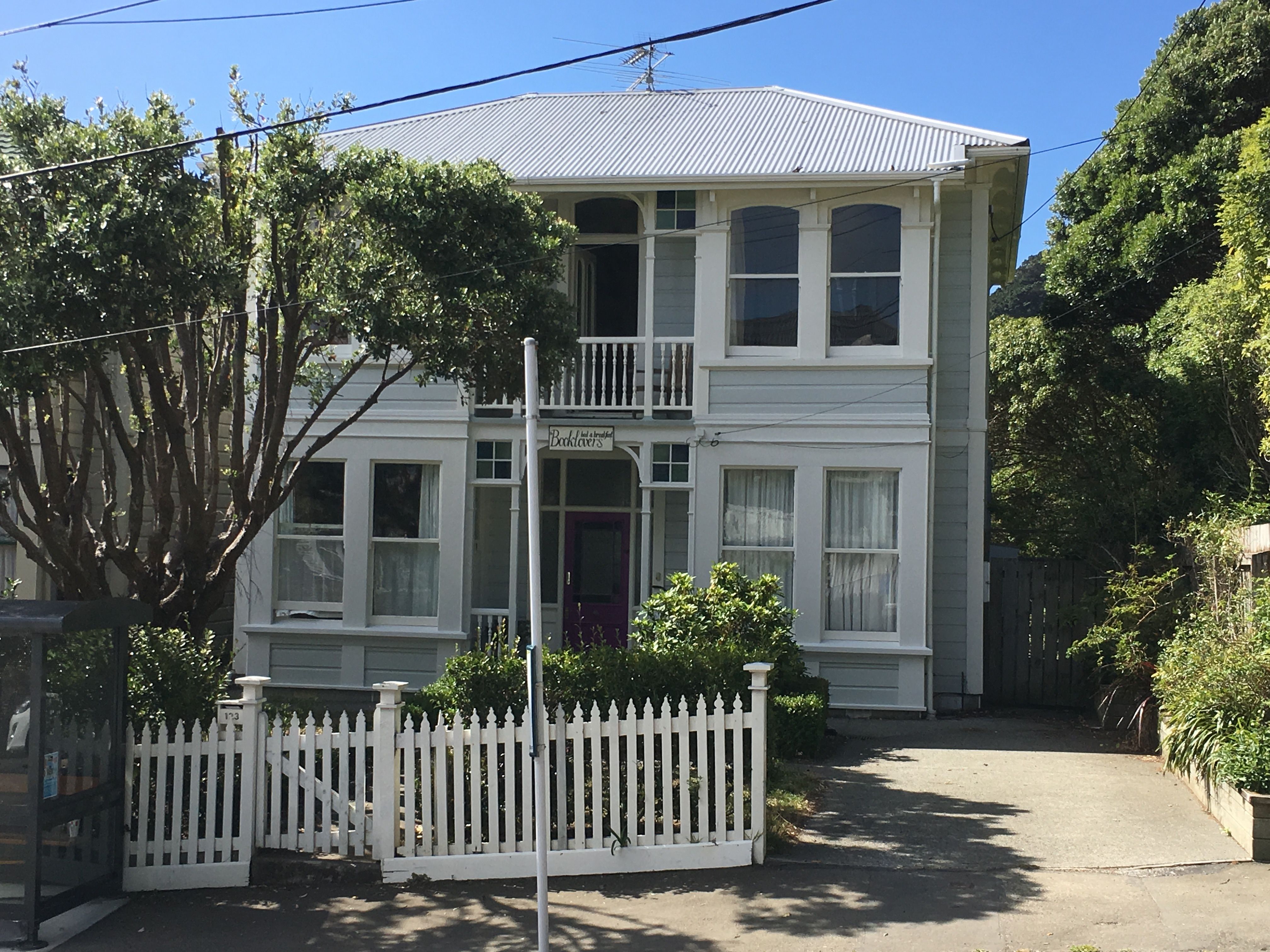
Should We Save Your City? Minimum Viable Urbanism
Many cities around the world are experiencing migration from smaller rural towns to larger cities. That’s not new. What makes a town or a city enough of a city to focus our efforts on? What predicts the difference between a strong town, a quaint tourist destination, or a blighted or even ghost town? In entrepreneur…
-
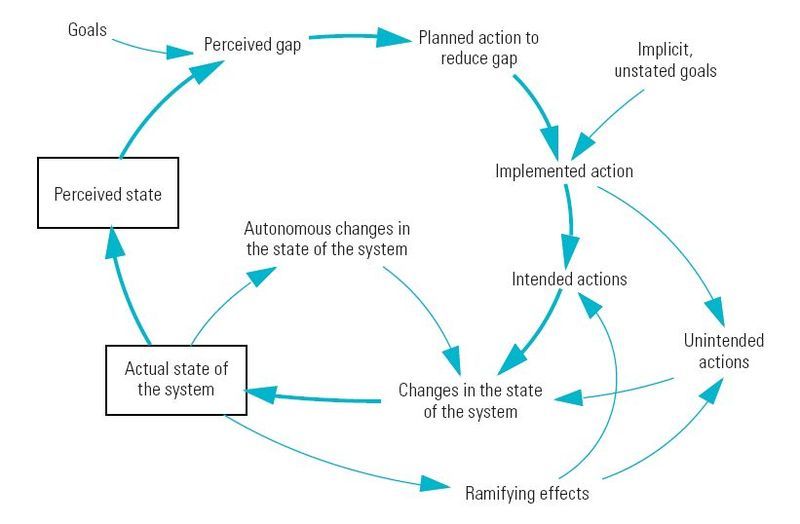
Paradigms for the Built Environment
In addition to the various perspective of professions related to the built environment, there are macro-level perspectives I want to further discuss. They are a long time scale, user experience, network science, ecology, and spiral dynamics. Many people do not realize that the suburban development pattern is a recent post-WWII invention. Beyond our building patterns,…
-
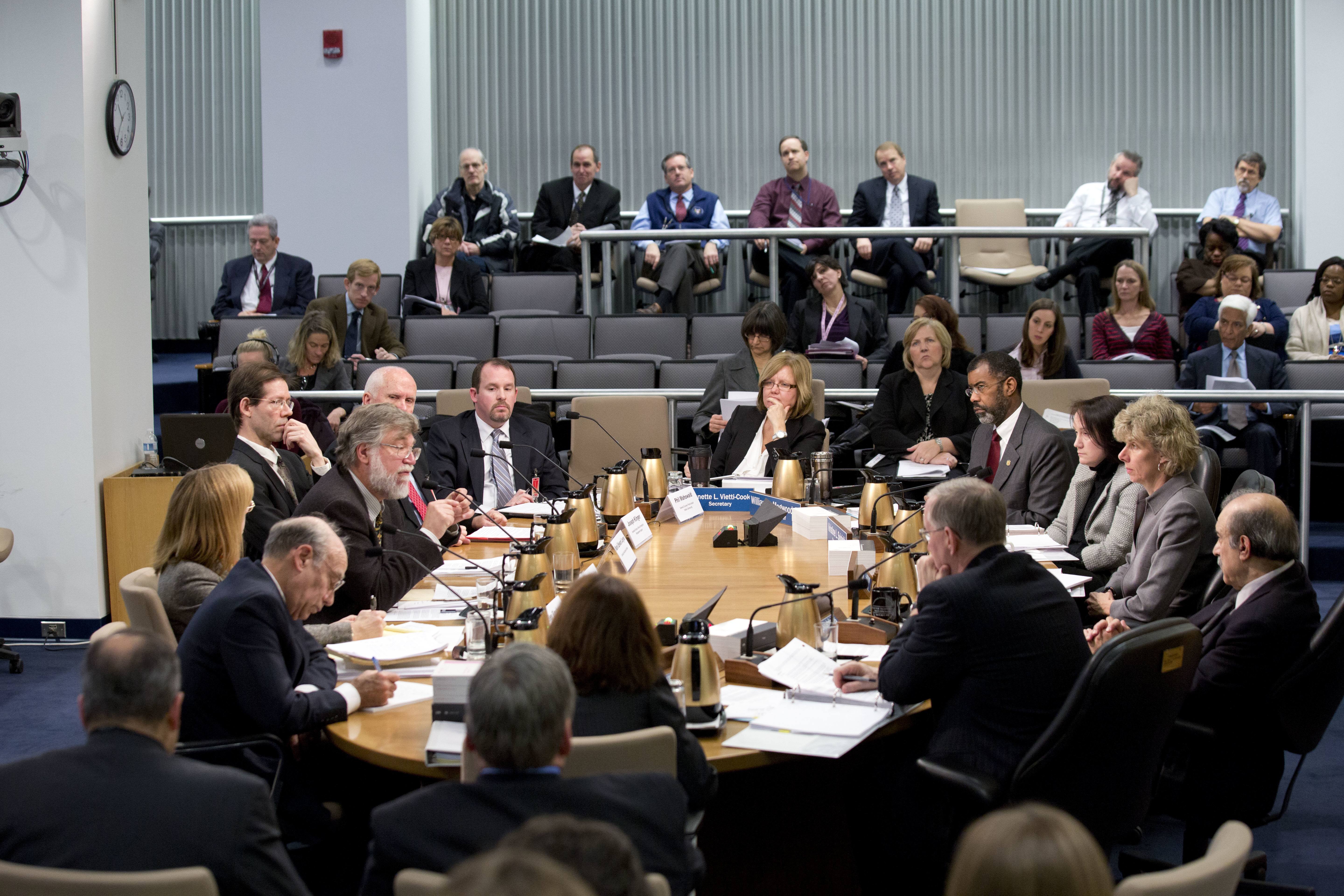
Professional Perspectives on the Built Environment
During my research, I proposed using a social game as part of the public participation process. The hypothesis was that a mobile game would be a more interactive experience than sticking dots on a board. What I found was that to do that, I would need a model of how the built environment works. That’s…
-
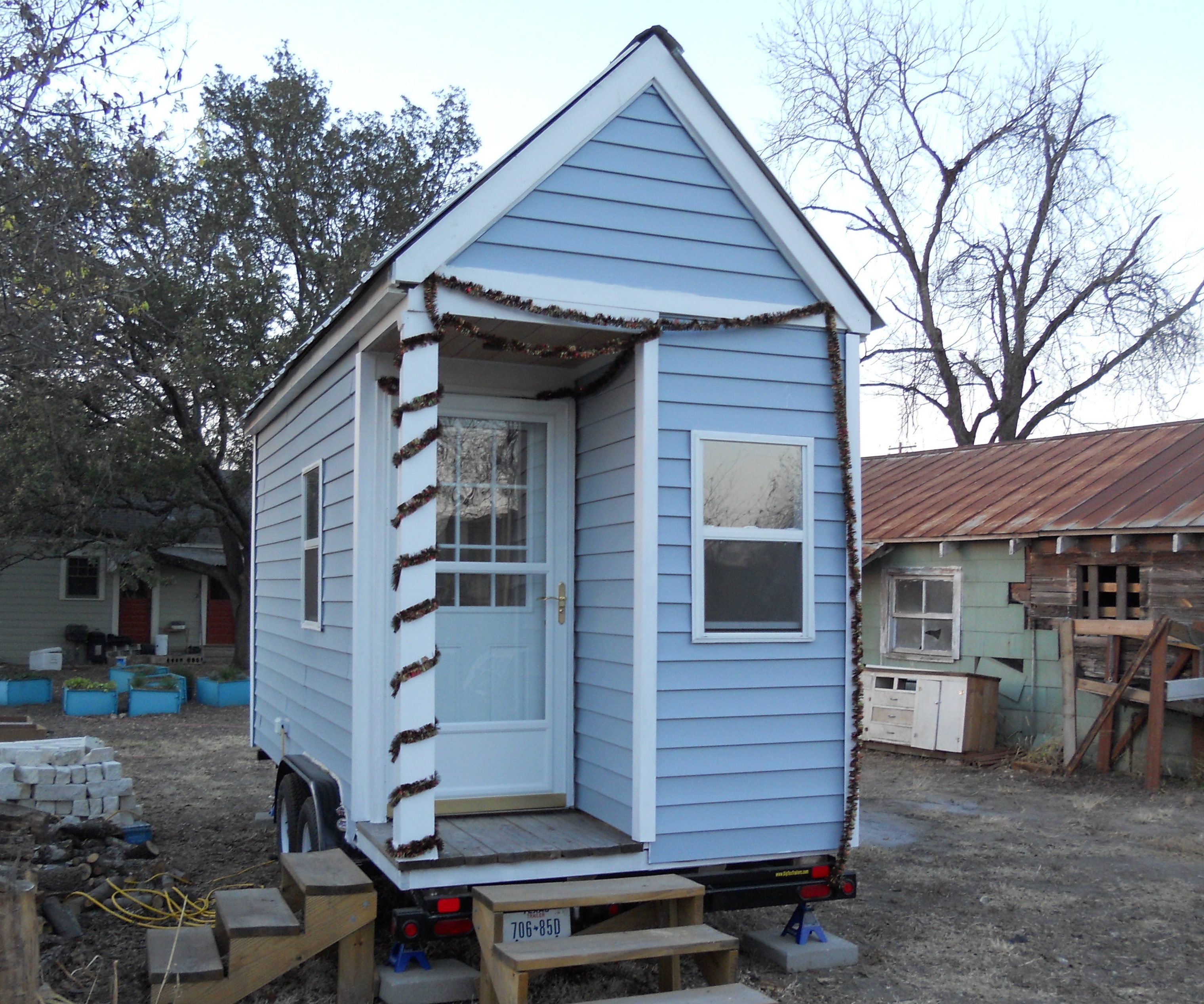
Urban Prosperity Network 101
The three guiding principles of Urban Prosperity Network.
-

Inherent Urban Fragility: Zoning and Software Paradigms
What do zoning and software have in common? What does either contribute to city fragility? They both create outcomes based on codes. While software lends itself to rapid iteration, testing, and debugging, zoning often produces unintended consequences literally set in stone. While the parallels are far from perfect, it’s instructive to compare the two. Many…